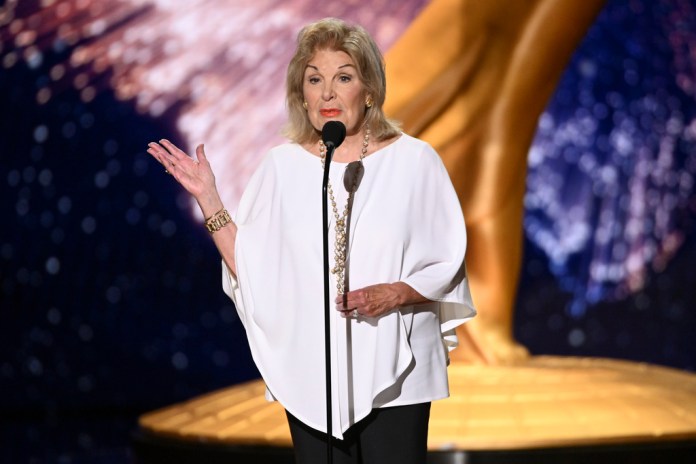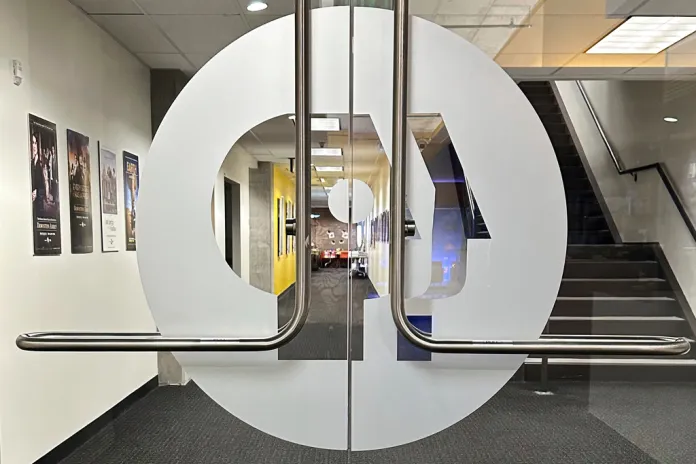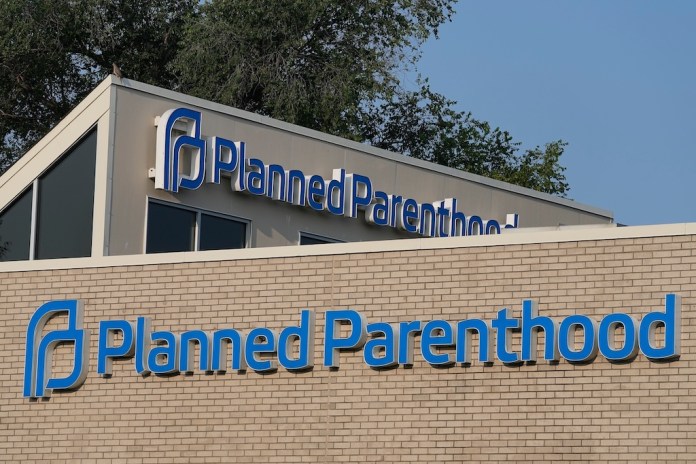NPR and PBS’s defunding was years in the making
The article discusses the recent historic decision by the U.S. Congress to defund the Corporation for Public Broadcasting (CPB), which supports NPR and PBS, cutting $1.1 billion over two years. This move fulfills a longtime Republican goal, initially voiced by Mitt Romney in 2012, to end taxpayer subsidies for public broadcasting due to perceived left-wing bias.Senate Republicans, including Ted Cruz, criticized PBS and NPR as politically biased and argued taxpayers should not fund them.
Democrats condemned the cuts, warning they would severely impact public broadcasting stations, especially in rural areas, and hinder vital services like disaster alerts. Senator Lisa Murkowski highlighted the importance of these stations in emergency communications, citing a recent 7.3 magnitude earthquake in Alaska.
PBS receives about 15% of its funding from CPB, while NPR receives a smaller direct share but relies on member stations supported by taxpayer dollars. The cuts are expected to cause layoffs in urban stations and closures in smaller rural outlets. Experts note this defunding effort has been decades in the making and reflects ongoing political controversies over government involvement in media.
While the funding cut marks a symbolic GOP victory, some see it as a chance for NPR and PBS to adapt and operate without federal funding, perhaps becoming more partisan and financially independent like other media organizations. The legislation awaits the president’s expected signature, cementing a significant shift in public broadcast funding.
NPR and PBS enter uncharted territory after historic defunding by Congress
With a late-night vote in Congress to cut PBS and NPR funding, Mitt Romney‘s vision has come to pass.
During a 2012 presidential debate, the GOP nominee famously pledged to “stop the subsidy to PBS” even though he liked Sesame Street character Big Bird. Romney also apologized to the moderator, Jim Lehrer, who was a PBS employee.
Thirteen years later, Congress has voted to claw back $1.1 billion in funding for the Corporation for Public Broadcasting over a two-year period, which will financially damage PBS and National Public Radio.
“If you want left-wing propaganda, watch MSNBC,” Sen. Ted Cruz (R-TX) said, reflecting the Republican viewpoint. “But don’t make taxpayers fund it.”
GOPers have complained about left-leaning bias in public broadcasting for decades, going back almost to the creation of the Corporation for Public Broadcasting in 1967. But those cries have grown louder within the last few years, and finally led to action in the wee hours between Thursday and Friday.
The “rescissions” package that will defund CPB now goes to President Donald Trump‘s desk, where he is expected to sign it.
Democrats were incensed, saying the clawback will lead to the closure of important television and radio stations across the country, especially in rural areas where residents tend to be poorer and have less access to other sources of information.
Sen. Lisa Murkowski (R-AK) voiced another concern that was shared by Democrats, which is that cutting funds will make it harder for disaster alerts to reach the public.
“A few hours ago, a magnitude 7.3 earthquake struck off the Alaska Peninsula, just south of Sand Point,” Murkowski posted on X. “Local residents and summer visitors alike were able to evacuate thanks to federal tsunami advisories relayed through local public broadcasting stations.”
“Today of all days, we should vote down these misguided cuts to public broadcasting,” she added. Instead, Vice President JD Vance cast a tiebreaking vote to pass the measure in the Senate, and the House approved it early Friday morning.
The funding cuts will have a severe, but not necessarily fatal, impact on NPR and PBS.
PBS gets about 15% of its revenue through CPB, according to an NPR story on the cuts. The NPR formula is more complicated, as it receives only a small percentage of direct funding from CPB but also receives fees from about 1,000 member stations, which are themselves funded through taxpayer dollars.
Larger stations in major cities will likely see layoffs, while smaller stations in rural areas could be forced to shut down completely.
Jeffrey McCall, a communications professor at DePauw University, says the defunding push has been coming for a long time.
“Even in the 1980s, questions were raised in the Reagan administration about why the government should play any role in the media landscape,” he said. “At that time, CPB executives pondered moving forward without government assistance, but never put any effort into the plans because the pressure eased in the Clinton era.”
He added that although the CPB was set up to protect against direct government oversight, when taxpayer money is involved, there will always be political implications.
“NPR and PBS do some good work, to be sure, but they appeal to generally niche audiences,” McCall said. “If there is sufficient demand for their product in the media sphere, sufficient funds should surface from donors, audience members, and corporations to keep it going.”
In decades past, PBS has been the home of popular children’s and adult programming, ranging from Mister Rogers’ Neighborhood and Sesame Street to Ken Burns documentaries and Nova. But conservatives have long argued that PBS and NPR are politically biased, and polling shows that Democrats are much more likely to tune in.
SALENA ZITO: Josh Shapiro puts politics aside to boost emerging technology jobs
Congress typically allocates just over $500 million yearly for CPB, a tiny portion of the federal budget. But the win marks a symbolic political victory for the GOP.
The funding cut is for the next two years, and while Congress could theoretically begin funding CPB again afterward, that seems unlikely at least as long as Trump sits in the White House.
When asked about the cuts on Thursday, press secretary Karoline Leavitt said, “These are partisan left-wing outlets that are funded by the taxpayers. And this administration does not believe it’s a good use of the taxpayers’ time and money.”
However, at least one former NPR editor believes the cuts could potentially open up a window of opportunity. Calling the move NPR’s “Independence Day,” Uri Berliner, now at the Free Press, says the news outlet could revive its fortunes in a future without government funding.
“Now NPR will be like any other media organization, free to be as partisan as it chooses, stripped of its unique claim to taxpayer support,” he wrote, “still protected by the First Amendment, but subject to the same financial and competitive pressures as everyone else.”
" Conservative News Daily does not always share or support the views and opinions expressed here; they are just those of the writer."




